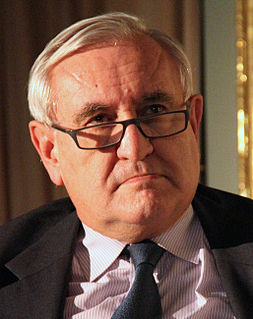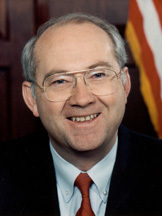A Quote by P. J. O'Rourke
After the events of the 20th century, God, quite reasonably, left Europe. But He's still here in the United States.
Related Quotes
Until the Left took over American public education in the second half of the 20th century, it was generally excellent - look at the high level of eighth-grade exams from early in the 20th century and you will weep. The more money the Left has gotten for education - America now spends more per student than any country in the world - the worse the academic results. And the Left has removed God and dress codes from schools - with socially disastrous results.
To equate Vladimir Putin and the United States of America, as Donald Trump was asked, you know, I guess it was Bill O'Reilly who said, "But Putin is a killer." And he basically said, "So are we." That moral equivalency is a contradiction of everything the United States has ever stood for in the 20th and 21st century.
The nationalism and the protectionism that was built into the Mexican Revolution in 1910 and that characterized the Mexican attitude to the United States for much of the 20th century were difficult to overcome. But that actually has occurred. And the cooperation, trust and confidence that have been built is not something that should be abandoned without great consideration for the potentially grave consequences to the United States.
Although the United States lost a quarter of a million men and women, civilians and soldiers, in World War II, that's considerably less than the Russians lost in soldiers at the Battle of Stalingrad alone. It's important to convey to countries and to people and to generations who have no experience of the 20th century as it was lived in Europe just how catastrophic it was.


































